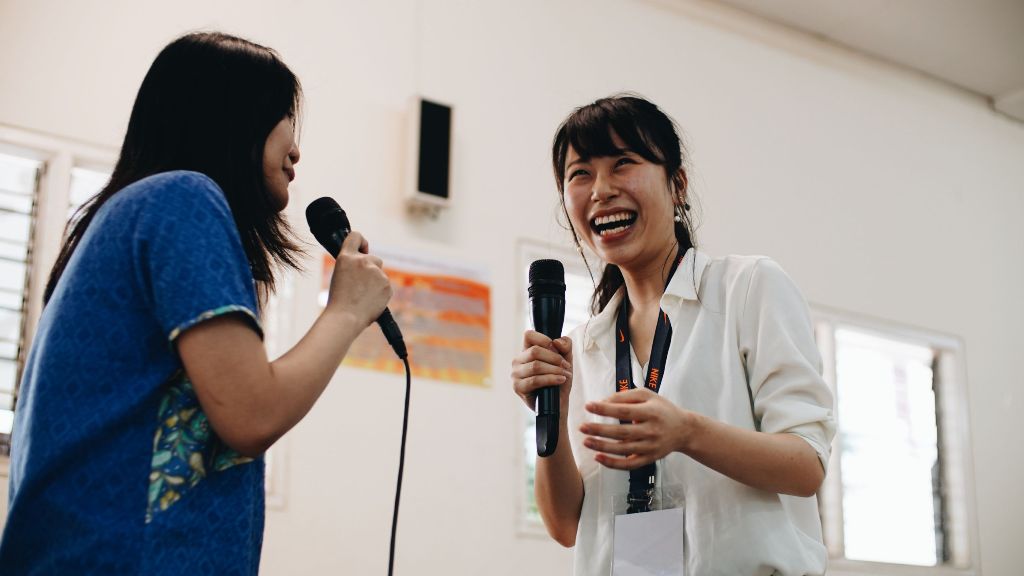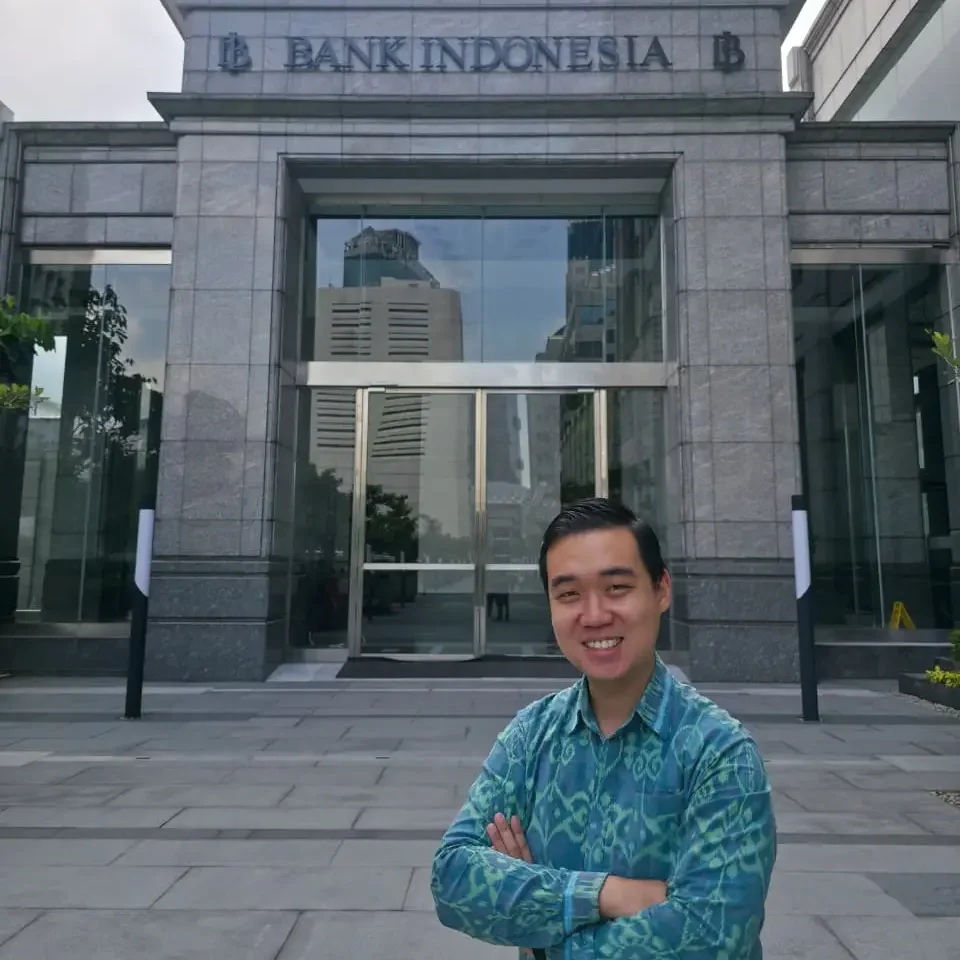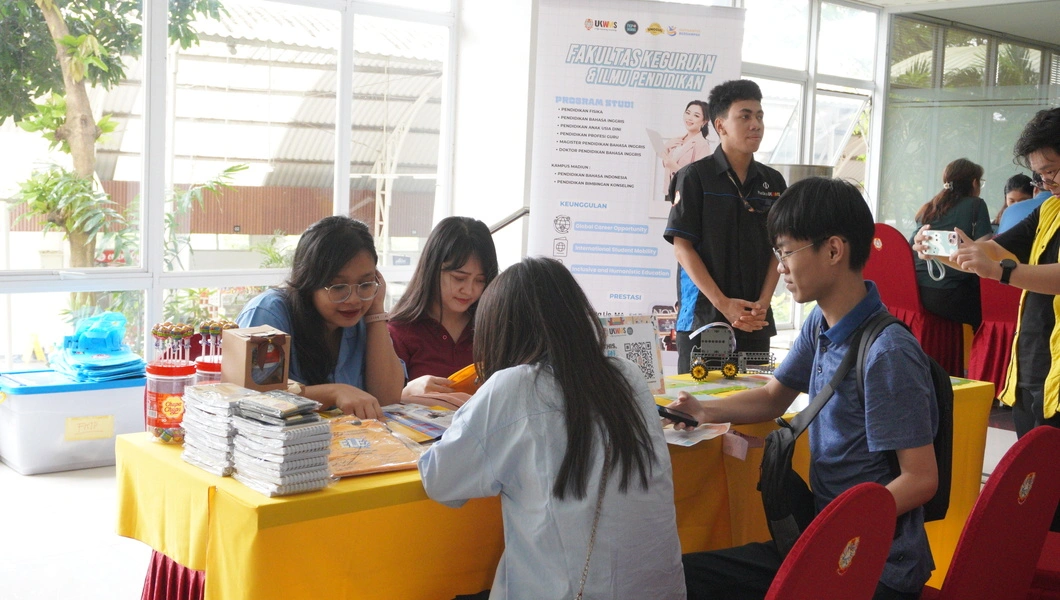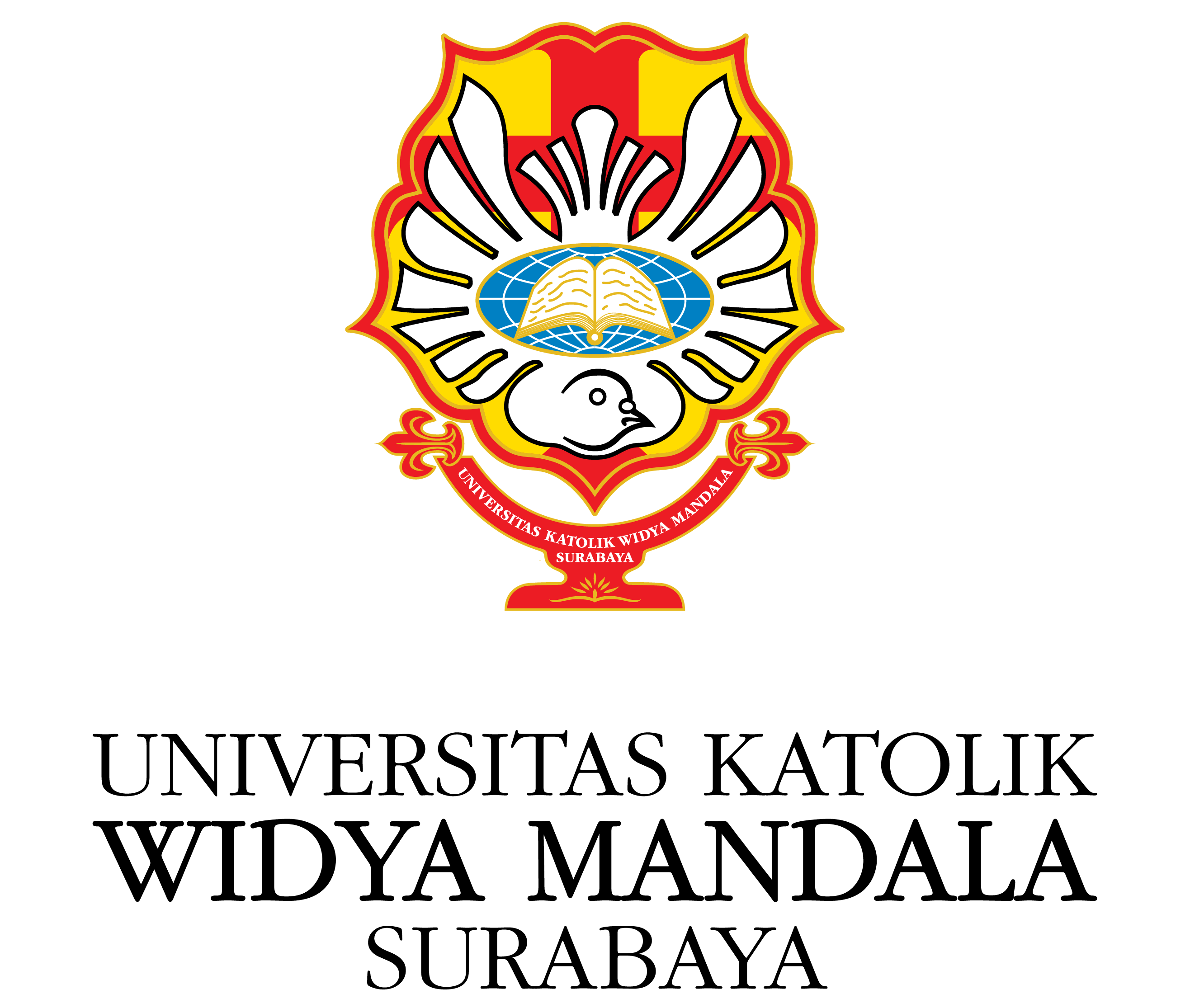[vc_row][vc_column][vc_column_text]Entering the fourth day of the PBL on Friday, 9th of February, 2018, the PBL participants joined the Kalijudan WMSCU campus. The first material is Learning Bahasa Indonesia, presented by Dr. Ruruh Mindari, M.Pd., as a Lecturer from the Faculty of Teachers Training and Education. The participants were taught, for example, how to introduce themselves, count, and make a simple dialogue on how to bargain for prices when going to a shopping center. Nohara Katayama from OIT became one of the PBL students who could introduce herself in Indonesian, “Selamat pagi, nama saya Nohara. Saya dari Jepang, saya kuliah di OIT. Saya ingin belajar Bahasa Indonesia. Terima kasih (Good morning, my name is Nohara. I am from Japan, I study at OIT. I want to learn Indonesian. Thank you),” she said, then was applauded by other participants.
Entering the second material, it was a seminar about waste water treatment. The material was delivered by Professor Suryadi Ismadji, Ph.D., with the topic ‘Adsorption of Hazardous Substances from Water’. “Sometimes small and large businesses immediately disposed of their waste material without being treated first. This is certainly dangerous because once the waste is polluted in water, it is exposed to small and large organisms in the environment, including fish and shellfish, and it will settle into their bodies. Then fish and shellfish are consumed by us. In other words, the waste that is discharged without being processed first will in fact come back to us,” Professor Suryadi explained.
Prof. Suryadi also pointed out some chemicals that often polluted water, such as antibiotics, pesticides, dyes, heavy metals, crude oil and several other materials. “Unlike in other countries, antibiotics in Indonesia are very easy to get and the prices are cheap, even a generic drug. Even heavy metals have an impact on human health, such as on the skin, eye, and liver, and can cause disorders such as cancer,” said the Dean of the WMSCU Faculty of Engineering. Moreover, there are still food entrepreneurs who use textile dyes in a mixture of ingredients inside their products, which certainly will have an impact on the environment and human body.
Underlying this, PBL participants were invited to conduct experiments in the Analysis Chemistry Lab, which treats water contaminated with coloring substances, by using four kinds of absorbents, namely zeolite, bentonite, activated carbon and eggshells. The experimental session was guided by the Chemical Engineering Lecturer, Shella Permatasari, Ph.D. In this section, a total of 250ml of contaminated water was divided into four measuring tubes, then absorbed with 1.5 grams of absorbent each. Furthermore, the four tubes were inserted into the water bath for 30 minutes for the absorption process. Next, to find out how much dye was absorbed by the absorbent material, participants took measurements of the concentration of the dye using a spectrophotometer. From these measurements, it was found that after the absorption process the concentration of coloring agents in the water was reduced and the color of the water obtained became clearer.
One PBL participant from NTUST, Wu Xin Ping, stated, “It was interesting to study this experiment because in our school, there are many theories we learn, but here, we get to do more practices; and it’s fun to learn the culture too,” concluded the bespectacled girl. Through this PBL event, WMSCU hopes not only that students can share knowledge and experience with partners from Japan and Taiwan, but also with a wider community. (red)[/vc_column_text][/vc_column][/vc_row][vc_row][vc_column][vc_gallery interval=”3″ images=”8166,8164,8163,8162,8161″ img_size=”2000×1800″][/vc_column][/vc_row]





